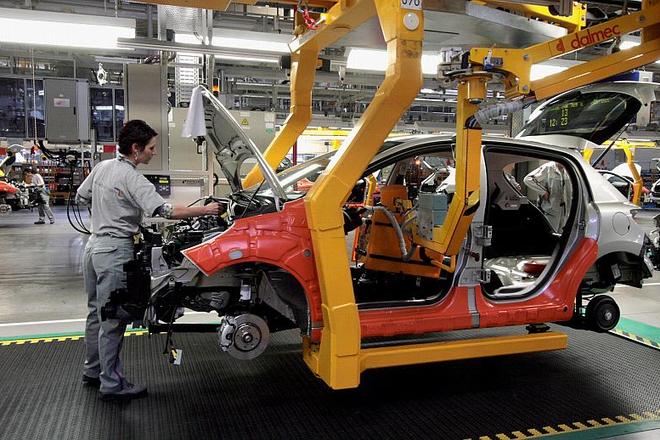UP to 2,000 Bulgarians and Romanians work in Slovakia, where the average salary, despite being among the lowest in the European Union, is higher than in their home countries.But Slovakia shouldn’t expect a large influx of labour. Like Slovakia, which joined the EU in 2004, the Bulgarian and Romanian economies have improved since the countries joined the EU in 2007, leading an increasing number of workers to stay home or come back from abroad. Those Romanians and Bulgarians who do leave tend to go to western EU countries that are closer and where the pay is better.
Therefore, all three countries are experiencing rapid development that has created a higher standard of living and is facing the challenge of a lack of qualified labour.
Vassil Valchev, economic counsellor at the Bulgarian Embassy in Slovakia, said that Bulgaria recorded an increased interest among Bulgarians in going to work abroad during the first year of its EU membership.
“But this tendency stabilised over time as people realised that the new conditions and opportunities in Bulgaria are no worse than in any other European country,” Valchev told The Slovak Spectator. “Some people are now coming back.”
When looking for work abroad, Bulgarians have favoured settling in Greece, Spain, and Italy. These markets need large groups of less qualified labour and the transport from Bulgaria to these countries is cheap. However, many young Bulgarians and some qualified specialists have gone to work in England as well, Valchev said.
Romania is confronting the same problem, said Gheorghe Anghel, charge d’affaires of Romania to Slovakia, in an interview with The Slovak Spectator. Romanians work mostly in Italy and Spain, where they take positions that don’t require high qualifications. But many have also left for Germany, France, and the United States, he said.
However, Anghel confirmed that salaries in Romania are becoming more attractive.
“There are job fairs, so people can find different jobs that fit,” he said. He added: “More and more Romanians are coming back or do not leave at all.”
The Romanian and Bulgarian embassies in Slovakia estimate that about 1,000 Romanians and 400 Bulgarians work in Slovakia. Romanians mainly work in the Samsung and PSA Peugeot Citroen plants. Bulgarians are also mainly employed in the automotive and manufacturing industries, especially the production of LCD TV sets.
“The Slovak labour market is not as attractive for Bulgarians because Slovakia is quite far and the salary offered by the Slovak employers is relatively low in comparison with England, Spain and other countries,” Valchev said. However, euro introduction could make the Slovak market more attractive, especially to highly educated and experienced Bulgarian specialists, he added.
In the first quarter of this year, 176,700 Slovaks worked abroad, the Slovak Statistics Office reported on June 3. It based its figure on selective labour force surveys, the SITA newswire wrote. Compared to the same period last year, the number of Slovak workers abroad increased by 0.7 percent. This indicates that the pace of departures for abroad has slowed, according to the Statistics Office.
However, the Slovak Labour Ministry estimates that as many as 250,000 Slovaks are working abroad, most of them in the Czech Republic and Great Britain.

 PSA Peugeot Citroen in Trnava (source: SITA)
PSA Peugeot Citroen in Trnava (source: SITA)